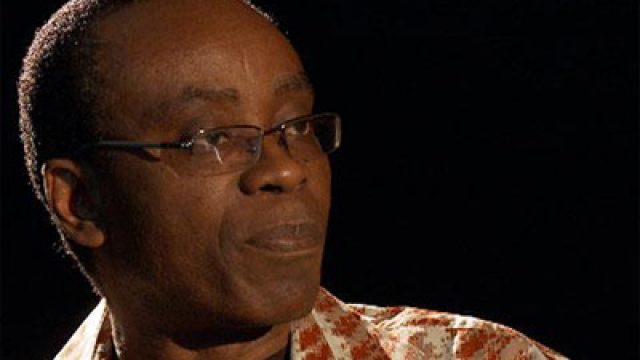
Director, Health of Mother Earth Foundation (HOMEF), Nnimmo Bassey, has cautioned African governments anticipating that Africa will develop through crude oil exploration and investments in dirty energy to brace up to the fact that the continent will soon become a dumping ground for obsolete technology, as the world moves away from fossil fuels.
Bassey said beyond the health hazards associated with extraction, the African continent had become replete with exploitative markets, militarised communities and contract labour that keep the people in bondage and the continent under-developed.
He made these remarks in his presentation on Fossil Fuels Industry and Climate Change at a virtual training for journalists from Nigeria, Cameroun, Ghana, Kenya, South Africa, Uganda and South Africa on Climate Change Reporting in Africa, organised by Corporate Accountability and Public Participation Africa (CAPPA).
The objectives of the training, which held on April 28 and 29, 2021 in Lagos, were to boost climate reporting in Africa, amplify the Make Big Polluters Pay campaign and the Liability Roadmap in the region and to birth a journalists’ network on climate reporting on the continent.
Bassey listed oil extraction and gas flaring, coal mining, and gold mining, as some of the extractive activities that have unleashed what he described as ‘ecocide’ on the continent, warning that new projects such as the $11 billion Dangote Refinery and Polypropylene Plant in the Lekki Free Trade Zone area of Lagos would further aggravate the situation.
He argued that capitalist development, which has kept Africa underdeveloped since the 19th century had been powered by coal, oil, and gas.
even as he added that extractive pathways had been entrenched as a mechanism for colonial and neo-colonial plunder and construction of dependency.
Project Officer of GenderCC–Women for Climate Justice, Ndivile Mokoena, stressed that in climate reports emanating from Africa, the focus was always on the environment, with little or no emphasis on the intersectional impacts of climate change on gender, socio-political and economic impacts.
With specific emphasis on gender impacts, Ndivile stressed that while women carry some of the greatest burdens of environmental and climate crisis on the continent, they were usually left out in the decision-making and solutions pathway.
Her recommendations on the way forward include the participation of women and vulnerable groups in environmental and climate change policies, change of current energy models, new food for food justice and switch to renewables.
Rachel Rose Jackson of Corporate Accountability, who spoke on The Case for Holding Big Polluters Liable, explained that climate change was an existential threat caused by fossil fuels corporations.
Executive Director of CAPPA, Akinbode Oluwafemi, in his presentation on What Makes a Good Story, said reports that elicit interest must have immediacy, proximity, prominence, oddity, conflict, suspense, emotion, and consequence.
Oluwafemi also recommended that journalists take a position on issues of climate justice and not sit on the fence, as the fossil fuel industry would want them to.
Earlier, in his presentation on Introduction to Climate Change Reporting, Philip Jakpor, Director of Programmes, CAPPA said climate change reports by African journalists were usually about gloom and doom and left a lot of gaps, which he described as “missing links.”
Other presenters: Regional Director of Corporate Accountability Climate Campaign, Hellen Neima, spoke on Understanding Climate Treaties and Conventions, while Media Director of Corporate Accountability, Jesse Bragg, spoke on Capturing the International Audience.



